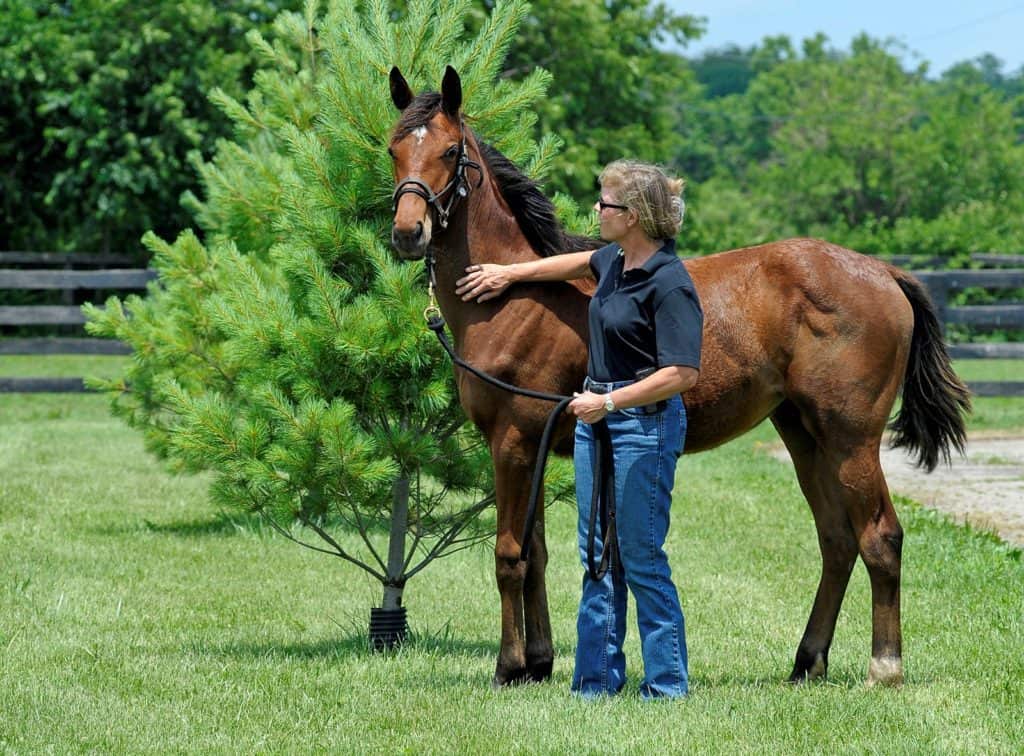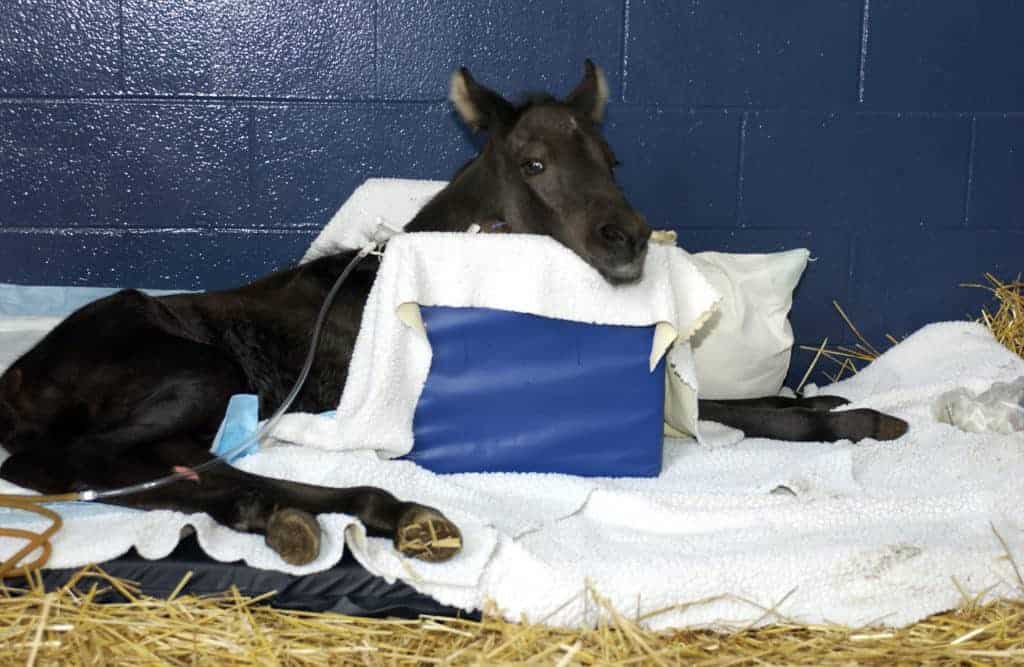
Sleep Apnea Tool Could Help Foals Breathe Better
While it’s not yet commercially available, vets recently constructed and tested a CPAP machine for equine neonates.

While it’s not yet commercially available, vets recently constructed and tested a CPAP machine for equine neonates.

After a year of trial and error, I finally found a slow hay feeder solution for my horses. Maybe it’ll work for yours!
The studies funded cover equine health challenges including infectious diseases, musculoskeletal disorders, and more.

Of the 634 respondents, 531 (81%) said they have owned a horse 4 years old or younger.

The majority of respondents said they were somewhat or very confident in their horse’s nutrition program.

Heart rate variability gives a broader and possibly more accurate look at fetal well-being than heart rate alone.

This important protective system is extremely complex. Here’s a rundown of how your horse’s immune responses function.
Researchers recently diagnosed the first homozygous case of Warmblood fragile foal syndrome (WFFS), a genetic disorder.

Researchers found that older weanlings appear to be–and seem to stay–more dominant in the social hierarchy.

From vets stuck in city traffic to vexing ventilation issues, urban-dwelling horse owners deal with unique challenges.

You might be surprised to find out with this introduction to GMOs.

Of the 457 poll respondents, 139 (30%) said they go to their equine veterinarian first for nutritional information.

Researchers say the uterine environment can significantly impact a foal’s future bone health, metabolism, and more.
Lecture topics will include dystocia, care of a sick foal, and postpartum mare management.

This finding is the first molecular characterization of resistance to three classes of antibiotics in R. equi.
Lecture topics will include mare, stallion, and foal care; navicular syndrome; the digestive tract; and more.
Stay on top of the most recent Horse Health news with
"*" indicates required fields